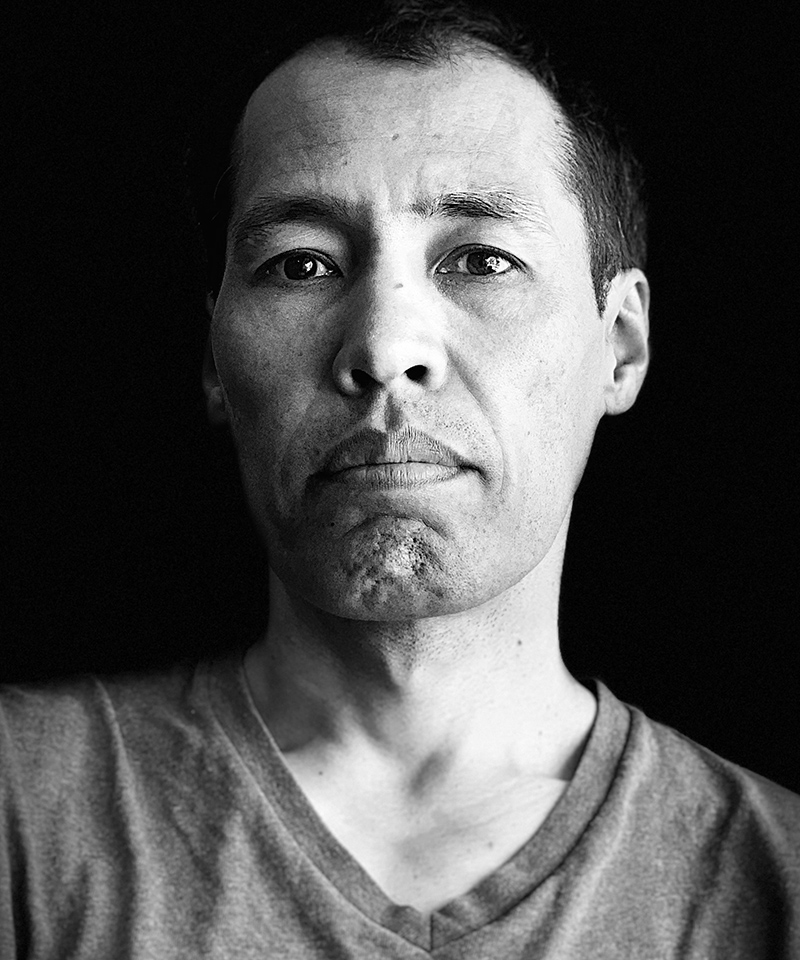Advisory Council

Dr. Ali Karimi is an Assistant Professor of communication at the University of Calgary in Canada. He is a scholar of critical information studies with a focus on data justice, surveillance, and privacy. His research examines how the state’s information practices can lead to the unfair distribution of resources.

Dr. Rabia Khan was formerly a Research Fellow at the University of Sussex (UK). She completed her PhD from SOAS University of London. She also holds an LLM in Human Rights from the same institute. She is the author of recently published book, From the Diaspora to the Homeland, focusing on History, Memory and Identity among Hazaras in England.

Dr. Arif Sahar is a researcher within the Centre of Excellence in Terrorism, Resilience, Intelligence and Organised Crime Research (CENTRIC) Institute at Sheffield Hallam University. Arif is the lead for the Political Violence theme within CENTRIC. His research mainly focuses on international security and terrorism. Prior to this appointment, Arif worked as a researcher at the University of Derby UK, where his research particularly focused on education and social development.

Dr Farkhondeh Akbari is a postdoctoral research fellow at Gender, Peace and Security centre at Monash University where she conducts research on inclusive peace, non-state armed actors, diplomacy, feminist foreign policy and the women, peace, and security agenda.

Prof. Sakaiee was a distinguished academician, writer, and research practitioner with extensive experience in literature, history, and higher education leadership. He served in various academic and lecturer positions at Kabul University and Balkh University.

Dr. Srinjoy Bose is Assistant Professor in Politics and International Relations and the Program Convenor of the Master of International Relations in the University of New South Wales (UNSW), Sydney, Australia. His research focuses on critical peace and security studies, including topics such as political order and violence, international intervention, conflict transformation, warlord governance, and the political economy of state building in fragile and divided societies. Dr. Bose earned his PhD in Politics and International Relations from The Australian National University.

Bismellah Alizada is a Ph.D. Candidate and Graduate Teaching Assistant at SOAS University of London. His Ph.D. research focuses on Political Settlements in Afghanistan with a particular focus on demand-making by Hazara political elites between 1992 and 2021. He overall research focus includes political settlements, decentralisation, post-conflict institution design, political participation, identity politics, and conflict.

Frozan Darwish is a Gender and Diversity subject matter expert and Human Rights activist. She completed her BA in Farsi Literature and her Master’s in International Law in Afghanistan. Mrs. Darwish worked for various national and international organizations in different specialists and managerial positions

Maisam Iltaf is an independent researcher and human rights activist. Iltaf’s research interests include refugee and forced migration, ethnic and cultural politics, identity and memory, religious fundamentalism and radicalization, and peacebuilding with a particular focus on Afghanistan and Pakistan.

Mosa Rahimi received his Masters of Public Administration from Harvard University, John F. Kennedy School of Government and his Masters of Business Administration from University of Pennsylvania, Wharton School of Business.

Razia Danesh is a passionate human rights activist, multimedia journalist, and advocate for Afghan communities worldwide. She holds a Master of Arts (MA) degree in Political Science from the University of Tehran and Bachelor of Arts (BA) in Social Science from Kabul University, Afghanistan.

Mr. Fekrat is a Ph.D. candidate in the Department of Anthropology at UC Irvine. He also holds an M.A. in anthropology from UNC Charlotte (2020), an M.A. in religious studies from the University of Georgia (2018). His areas of expertise include nationalism, racism, and genocide, and ethnicity, diaspora and transnationalism.